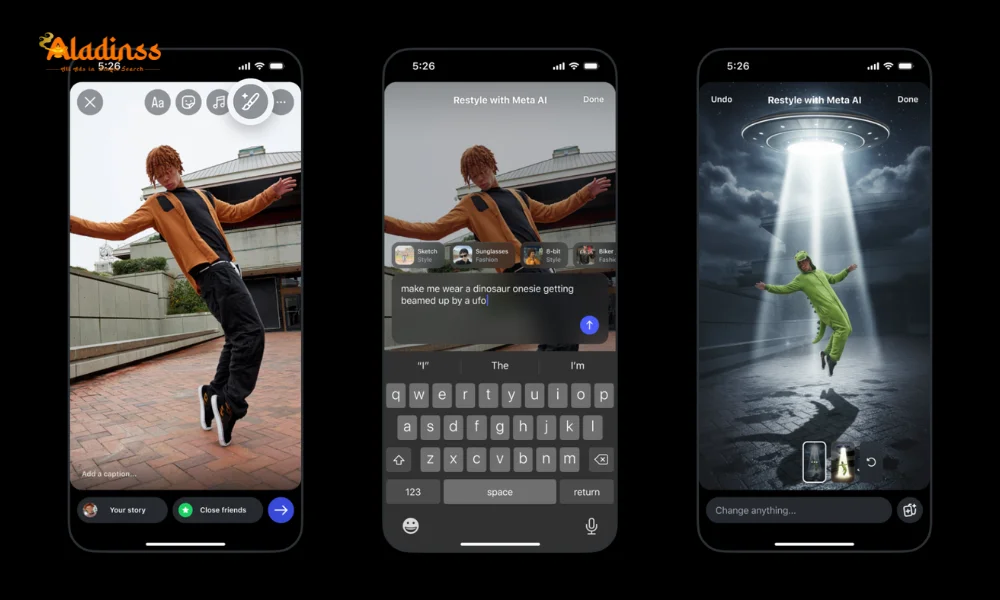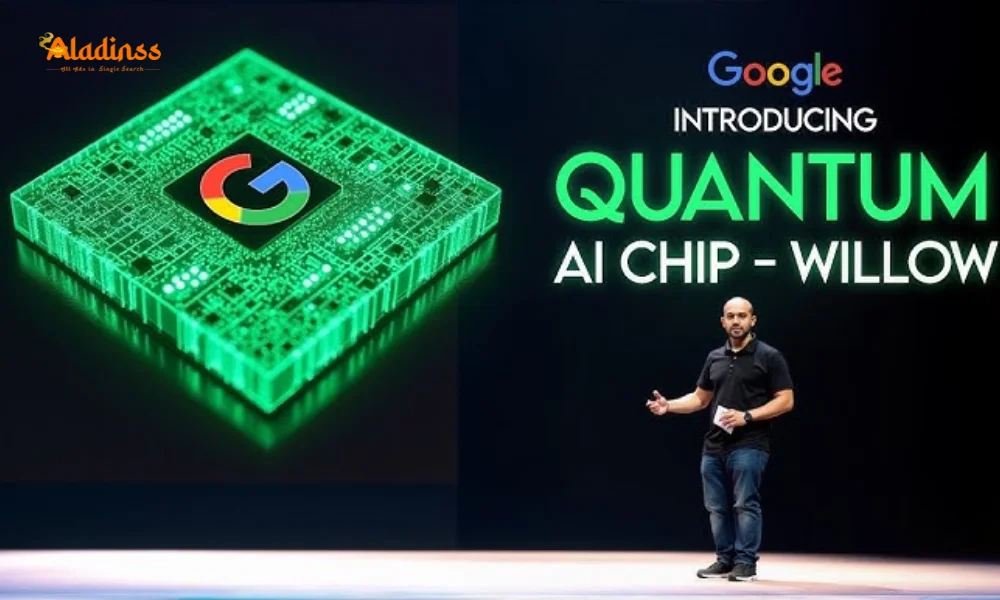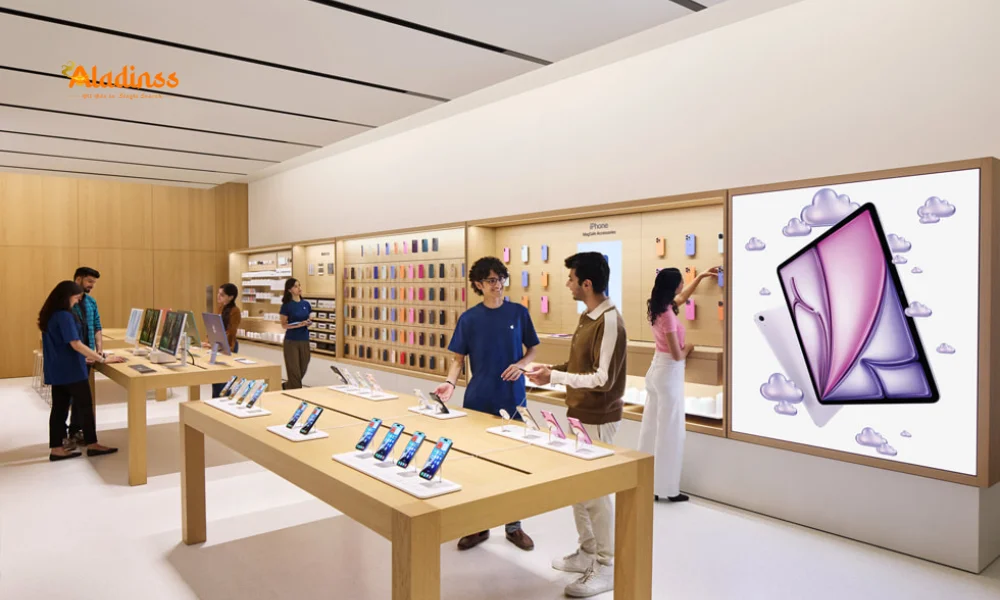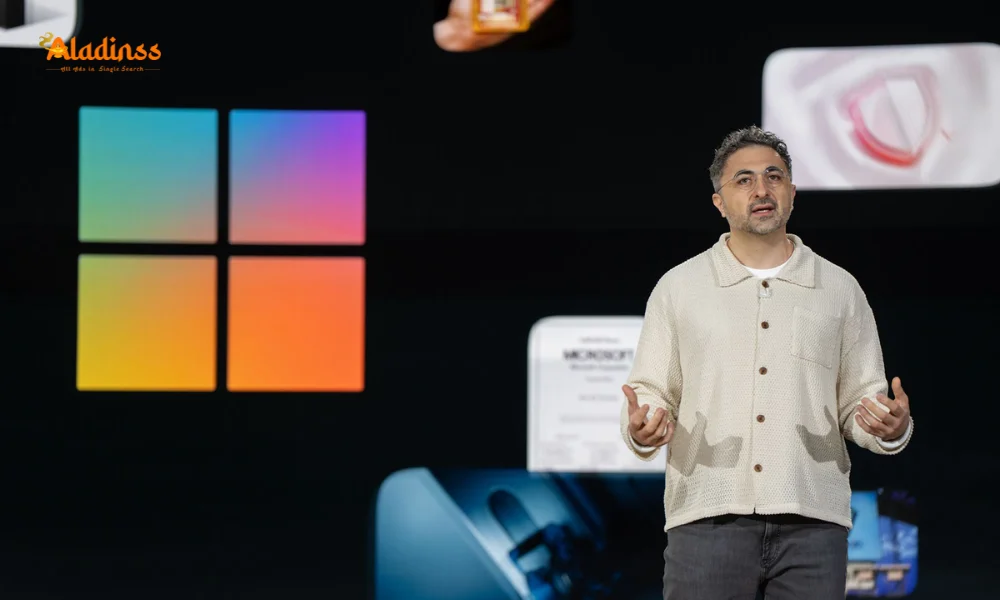Microsoft Adds Claude Models to Copilot AI
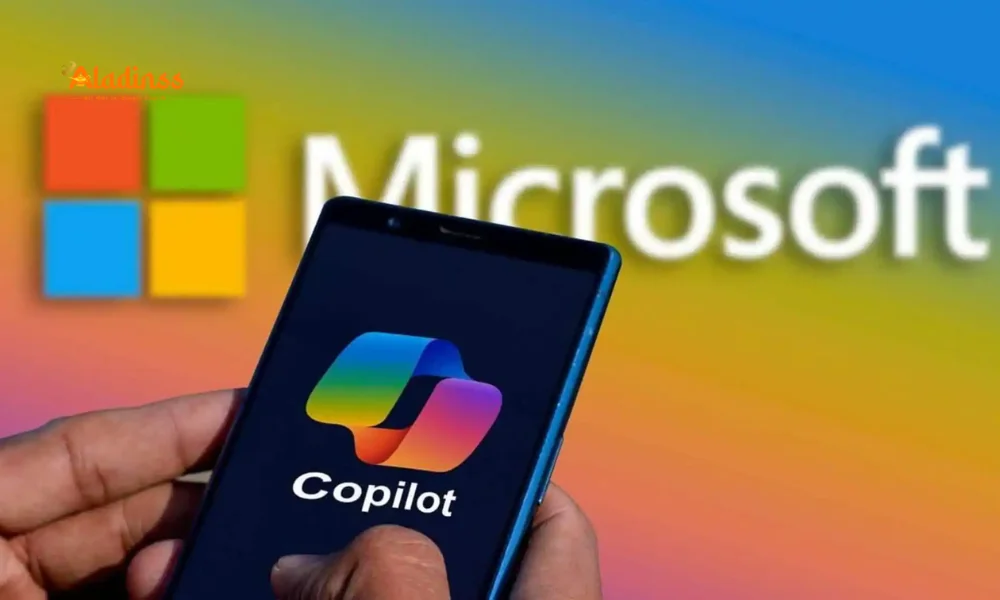
Microsoft Integrates Anthropic's Claude Models into Copilot for Enhanced AI Flexibility
Microsoft has unveiled a major update to its Microsoft 365 Copilot ecosystem by incorporating Anthropic's cutting-edge Claude AI models, marking a strategic diversification from its longstanding partnership with OpenAI. This integration introduces Claude Sonnet 4 and Claude Opus 4.1 as selectable options, empowering users with greater choice in AI-driven tools for productivity and innovation. The move, announced on September 24, 2025, allows seamless switching between models in key features like the Researcher agent and Copilot Studio, catering to diverse business needs while maintaining access to OpenAI's advanced capabilities.
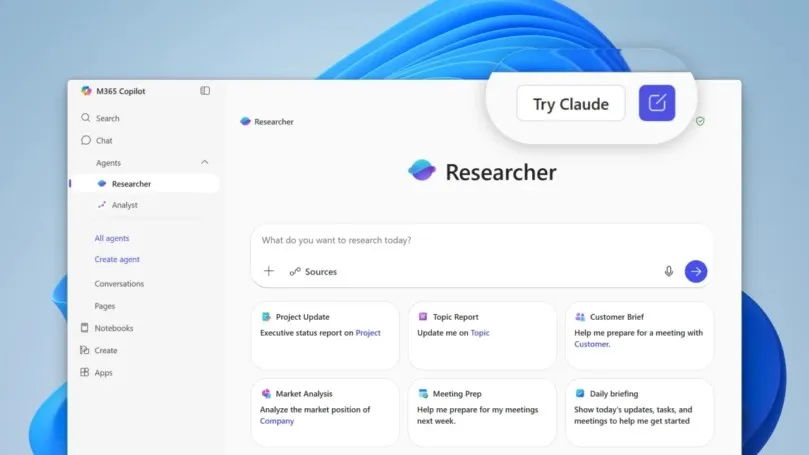
This development underscores Microsoft's commitment to a multi-model approach in AI, enabling enterprises to leverage the strengths of various large language models (LLMs) tailored to specific tasks. For instance, Claude's renowned reasoning prowess can now complement OpenAI's generative strengths, fostering more robust workflows across Microsoft 365 applications. As organizations increasingly demand versatile AI solutions, this Microsoft Copilot Claude AI integration positions the platform as a leader in enterprise-grade artificial intelligence.
Exploring the New Model Options in Microsoft 365 Copilot
The addition of Anthropic's Claude models to Microsoft Copilot represents a pivotal shift in how AI assistants operate within productivity suites. Claude Sonnet 4 excels in balanced performance for everyday tasks, while Claude Opus 4.1 shines in complex reasoning scenarios, offering users precision where it matters most. This flexibility ensures that teams can optimize their AI interactions without being locked into a single provider.
In the broader context of Microsoft Copilot Claude AI integration, administrators play a crucial role by enabling these models through the Microsoft 365 admin center. Once activated, users encounter intuitive interfaces like the "Try Claude" button in the Researcher agent or dropdown selectors in Copilot Studio, simplifying the transition between models.
Key Benefit: This setup allows for hybrid AI strategies, where different models handle distinct phases of a project, enhancing overall efficiency.
How the Researcher Agent Leverages Claude for Advanced Analysis
Central to this rollout is the Researcher agent, a sophisticated tool within Microsoft 365 Copilot designed for in-depth investigations and report generation. With internet access and integration into organizational data sources—such as emails, chats, meetings, and uploaded files—Researcher transforms raw information into actionable insights.
Now powered optionally by Claude Opus 4.1, the agent excels at dissecting multifaceted queries. Professionals in marketing, research, or strategy can employ it to track live market trends, synthesize competitive analyses, or draft comprehensive product roadmaps. The Microsoft Copilot Claude AI integration here means users can toggle models mid-session, selecting Claude for nuanced breakdowns or reverting to OpenAI for creative expansions.
- Analyze real-time data from web sources for timely reports.
- Incorporate internal documents to ensure contextually rich outputs.
- Generate visualizations and summaries tailored to user specifications.
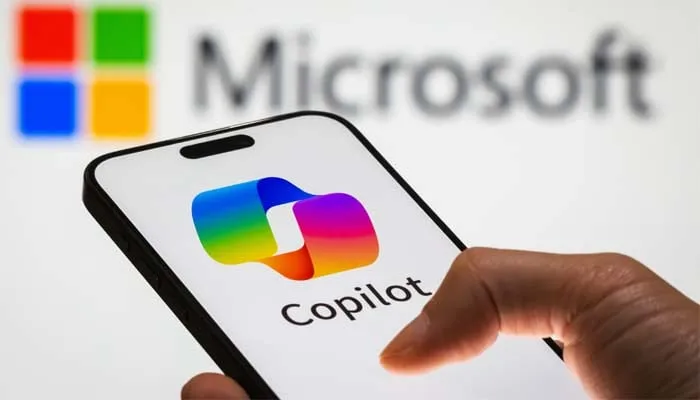
Empowering Custom AI Development with Copilot Studio
Copilot Studio stands out as a powerhouse for building bespoke AI agents, and the infusion of Claude Sonnet 4 and Opus 4.1 elevates its potential exponentially. This low-code platform enables users to craft task-specific agents that automate workflows, orchestrate multi-step processes, and integrate with external knowledge bases seamlessly.
Through the Microsoft Copilot Claude AI integration, developers and business users alike can select from a dropdown menu to assign models per agent or even per function. This granularity supports advanced scenarios, such as creating multi-agent systems where one handles data retrieval with Claude's precision, while another refines outputs using OpenAI's fluency.
For enterprise teams, this means faster deployment of AI solutions that align with unique operational demands, from HR onboarding automations to sales forecasting tools.
Streamlining Agent Creation and Management
Getting started in Copilot Studio is straightforward: after admin enablement via the Power Platform Admin Center, users access a intuitive interface for agent design. The platform's automatic fallback to OpenAI models ensures continuity if Claude options are toggled off, minimizing disruptions.
This robustness is particularly valuable for industries requiring high reliability, like finance or healthcare, where AI agents must perform consistently across varying loads.
Pro Tip: Experiment with model mixing in prototype agents to identify optimal combinations for your workflows.
Strategic Implications of Diversifying AI Models in Copilot
The Microsoft Copilot Claude AI integration arrives amid evolving dynamics in the AI landscape, just a week following a non-binding agreement with OpenAI that reaffirms their collaboration while allowing room for broader explorations. By embracing Anthropic—valued at $183 billion and backed by competitors like Amazon—this step hedges against dependency risks and accelerates innovation velocity.
For businesses, the benefits extend to cost optimization and performance tuning. Claude's efficiency in reasoning tasks can reduce computational overhead, while OpenAI's ecosystem familiarity eases adoption. This multi-vendor strategy also complies with emerging regulations demanding diverse AI sourcing for resilience.
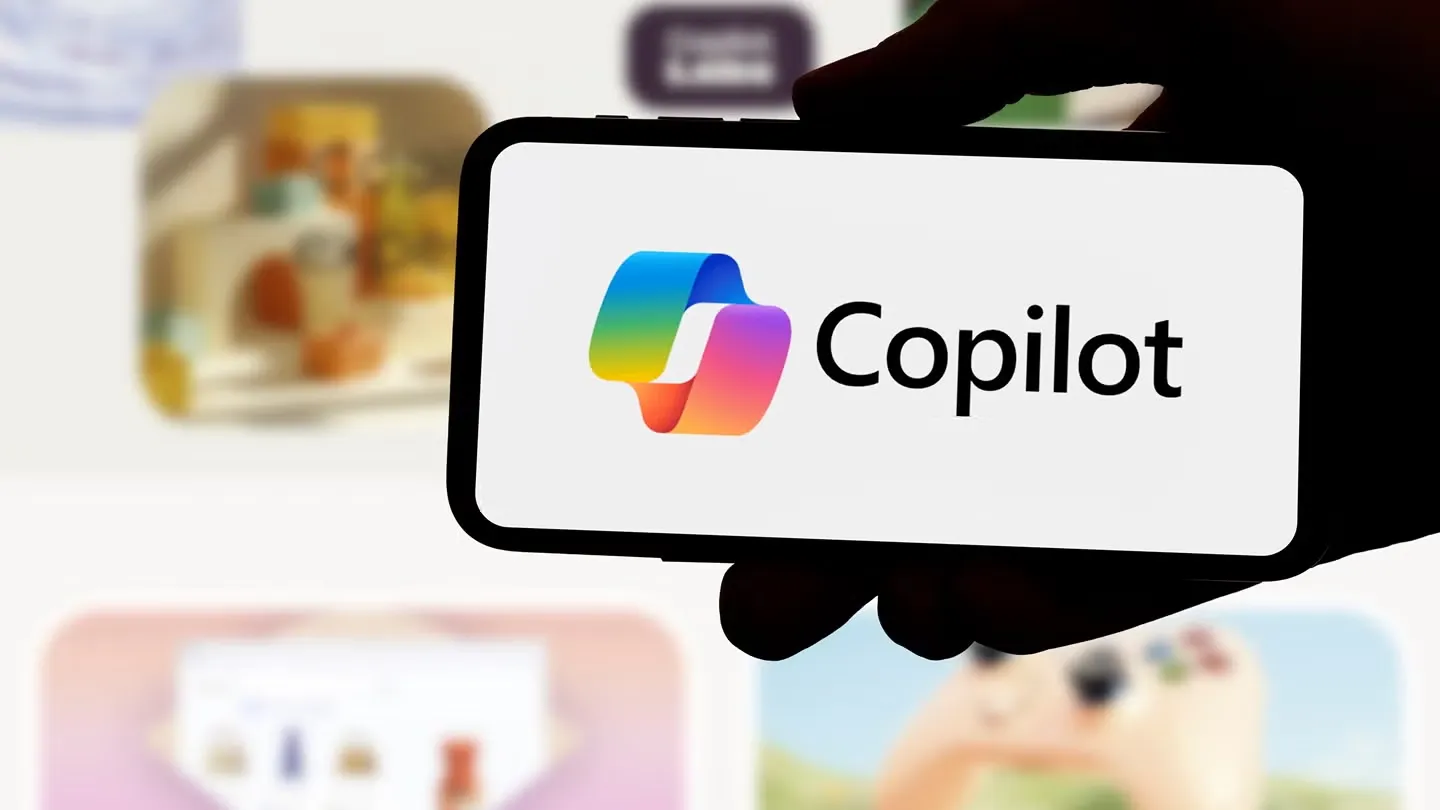
Looking deeper, the integration via Anthropic's API—hosted on AWS—demonstrates Microsoft's agnostic approach to infrastructure, prioritizing functionality over exclusivity. Early adopters in the Frontier Program report up to 30% faster query resolutions with Claude Opus 4.1 in research-heavy scenarios.
Future Horizons for AI in Microsoft Productivity Tools
As the Microsoft Copilot Claude AI integration matures, anticipate expansions into other Microsoft 365 facets, such as Teams collaborations or Excel analytics. This phased rollout allows for iterative feedback, refining model orchestration for seamless experiences.
Security remains paramount, with Anthropic models adhering to their terms while respecting Microsoft's governance frameworks. Organizations must review data processing addendums to ensure alignment with internal policies.
In practical terms, sales teams could deploy Claude-powered agents for lead scoring, drawing from CRM integrations, while legal departments utilize Opus for contract reviews enhanced by contextual file access.
The synergy of these models fosters emergent capabilities, like agentic workflows where AI entities collaborate autonomously, mirroring human team dynamics but at scale.
Educational sectors stand to gain from tailored learning agents, adapting content delivery based on Claude's interpretive depth. Similarly, R&D divisions can accelerate hypothesis testing through integrated simulation tools.
This evolution signals a paradigm where AI selection becomes as routine as app choices, democratizing advanced intelligence across roles.
Moreover, the Microsoft Copilot Claude AI integration encourages ethical AI practices, with built-in safeguards for bias mitigation and transparency in model decisions.
As adoption grows, community-driven enhancements via the Power Platform will likely introduce plugins amplifying Claude's utility in niche domains.
Ultimately, this infusion propels Microsoft 365 towards a future of hyper-personalized, intelligent augmentation, where AI anticipates needs proactively.
Industry analysts project a 40% uplift in productivity metrics for early implementers, highlighting the tangible ROI of such integrations.
For IT leaders, monitoring usage analytics will be key to maximizing value, adjusting allocations based on task-specific efficacy.
In summary of current trends, the Microsoft Copilot Claude AI integration not only diversifies options but redefines expectations for AI in enterprise environments.
Comment / Reply From
No comments yet. Be the first to comment!
